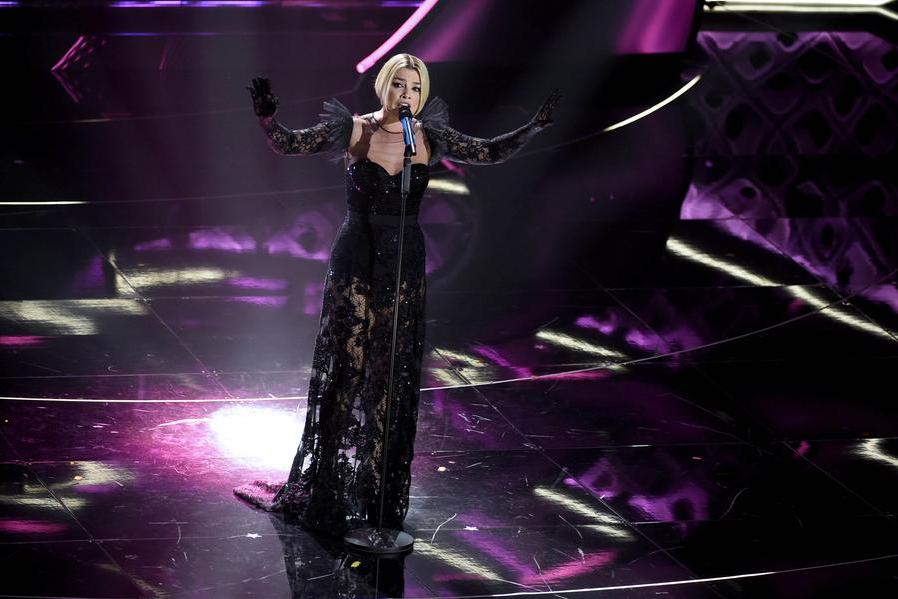How to prevent the bank in the event of death?
Formalities to be carried out on a bank account after death
After the town hall, the bank is the second interlocutor to be warned in the event of death. Relatives must inform him as soon as possible and within a period of seven days after death Live or via a registered letter with acknowledgment of receipt. This letter must specify the identity of the holder, the account number as well as the name and contact details of the notary in charge of the succession.
Closing reasons of an account by the bank
As a rule, the banking establishment may proceed to closing an account For several reasons:
- Death of the holder: The account is blocked and then closed after settlement of the succession.
- Absence of proxy: no heir is authorized to carry out operations without legal mandate.
- Joint or undivided account: depending on the type of account, it may remain active for the surviving surviving spouse or be blocked for joint ownership.
Notary and succession of a bank account
The role of the notary is essential, since it is he who identifies the heirs and their share, then distributes the assets according to the wishes of the deceased and the law. The bank complies with the notary’s instructions For the transfer of funds, arbitration of savings accounts and products, and for the final closure of accounts after full settlement of the succession.
Who must notify the bank in the event of death?
In the event of death, relatives of the deceased are responsible for preventing the bank. It may be the PACS spouse or partner, children or legal heirs, a legal representative if the deceased has no nearby family or the notary mandated to manage the succession. The notification must be done as soon as possible.
What is the closing period of a bank account after a death?
In simple situations (no dispute or real estate), the account can be closed in a few weeks to two or three month After the death. For more complex successions (various goods or difficult to assess, numerous heirs, important debts or special legal or tax situations), this period may extend to several months, or even more than a year.
What documents are necessary to close a bank account after a death?
Proof documents requested
The closing of the deceased bank accounts requires the production of different supporting documentsnotably :
- an act of death;
- a family booklet;
- a birth certificate extract;
- the return of payment means (bank card, checkbook, etc.) associated with the account;
- a certificate of notoriety (established by a notary);
- The references of the notary responsible for the succession.
Exceptions
Since February 2015, a person with the quality of heir can obtain the closure of the deceased bank account if the total amount of the sums appearing there is less than 5 910 euros And that the succession has no real estate.
What becomes of an individual bank account in the event of death?
Blockages of the deceased accounts
Once warned, the bank creates a file and transmits it to the succession service of the bank which proceeds to theAccounting order of accounts. The bank then blocks bank accounts. Then, she inventories the assets of the deceased by taking as a reference point the situation at midnight, the day before the death.
Savings accounts (booklet A, PEL, CEL, LDDS), safe or securities account, are also blocked on the day of death, while waiting for the treatment of the succession to determine their award conditions.
Notoriety
The closing of the account only occurs after sending an act of notoriety to the bank. Established by a notary, this document allows Unlock bank accounts of the deceased, but also to perceive reversion pensions or any other administrative claim. This document attests to the quality of heir and makes it possible to remove the blocking of accounts.
Bank account and proxy
Consequently, the bank account is frozen And all proxies are automatically canceled. This means that anyone with a mandate or proxy to manage the account, whether it is a spouse, a family member or a third party, immediately loses the right to carry out operations.
Payment of current costs and automatic levies
On the other hand, the transfers in favor of the deceased holder remain possible as well as the Plot of current invoices (rent, electricity, taxes, etc.). The checks issued by the user are also honored. In addition, the bank can pay debts after death within the limit of the available balance and with a ceiling of 5,910 euros.
To find out if the deceased had planned the financing of its funeral With a funeral contract, it is possible to consult the Agira website or send a request by simple mail to:
Act, search for funeral contracts
TSA 20179,
75441 PARIS CEDEX 09.
Payment of assets to the notary
After sharing decision, the bank makes the Payment of assets to the notary in charge of the succession. If the file of the succession is not managed by a notary, the restitution of assets can be carried out directly with the representative of the heirs.
What’s going on for a joint account in the event of death?
A joint account blocked during the succession
The account is not closed, however, the bank blocks certain operations To secure funds and prevent unauthorized use. Operations authorized before death can continue to be honored within the limits of the available balance, but new important operations may require the agreement of the heirs or the surviving coatular.
Rights of the surviving spouse on the bank account during the succession
In the majority of cases, the surviving spouse keep access to the account and can continue to use it. The account then becomes an individual account with its name alone, unless otherwise provided in the contract within the framework of the succession. The surviving cotitular does not need the intervention of a notary to continue to use the existing funds.
Succession and sharing of funds
The funds belonging only to the deceased can be subject to succession. To distinguish the share of each holder, the bank may request:
- an act of notoriety to identify the heirs of the deceased;
- An agreement between the heirs and the surviving cotitular on the sharing of funds.
The sums belonging to the deceased will be paid to the notary or the heirs according to the succession procedure, while the surviving co -owner retains access to his own share of the account.
What’s going on for an undivided account in the event of death?
Updated account blocking
When holder of an undivided account dies, the account is immediately blocked As soon as the bank is informed. No operation can be carried out without the agreement of all heirs or a notary, in order to protect funds and guarantee fair sharing. This blocking concerns all products attached to the account, including savings booklets.
Management by heirs
The undivided account belongs to all heirs in equal parts or according to the proportions defined by the legal and testamentary provisions. Any decision concerning the funds must be taken unanimously, or, if necessary, by the intervention of a notary. This rule aims to avoid conflicts and ensure a transparent distribution between all the heirs.
Closing and distribution
The undivided account is closed once the succession has been set. The funds are then divided between the heirs according to the shares defined by law or the will. As long as the succession is not settled, the account remains blocked and unusable. The end of the account can only intervene when all the possible debts and charges have been paid.
What are the costs to close a bank account after a death?
Succession bank charges capped in November 2025
From November 13, 2025, bank charges for the management of the succession will be supervised. Thus, the costs will be capped at 1 % of the total amount of account balances and the valuation of the deceased savings products, with a maximum of 850 euros (update updated annually).
Please note, this does not concern the future climate savings plan or the PME innovation account.
Free inheritance banking costs
In addition, from November 13, 2025, bank charges of succession will be deleted in the three following case ::
- The total balance of the deceased accounts and savings products is less than 5,910 euros.
- The heirs present to the bank an act of notoriety or a certificate signed by all of them, and the operations linked to the succession are not complex.
- The deceased was a minor.
What happens to the deceased credits?
If the deceased had subscribed one or more credits, the sums due come into the succession as a debts And are reimbursed to creditors thanks to the estate assets. In the event that the credit is distributed over several heads, the surviving co-borrower is required to reimburse all of the sums remaining due, if there is no borrower insurance.
Do not declare a death to the bank: what are the consequences?
Delayed blocking and financial risks
If the death of a loved one is not declared to the bank, The account remains active. This means that automatic samples, transfers or checks issued before death can continue to be debited. The heirs may then pay debts or invoices not due, or even see the account fall into overdraft if the direct debits exceed the available balance.
Responsibility of the heirs
If the account is inactive, but not blocked, the heirs can be Responsible Operations carried out after the death if they were aware of it and did not inform the bank. This can lead to disputes with the bank or complications during the settlement of the succession.
Difficulties in succession
Do not declare the death complicate the Treatment of successionthen that the bank cannot establish the accounting decree of accounts. In addition, the deceased assets cannot be transferred to the notary or to heirs and subsequent operations can create errors or conflicts between heirs.
>> Our service – Save by comparing online banking offers











